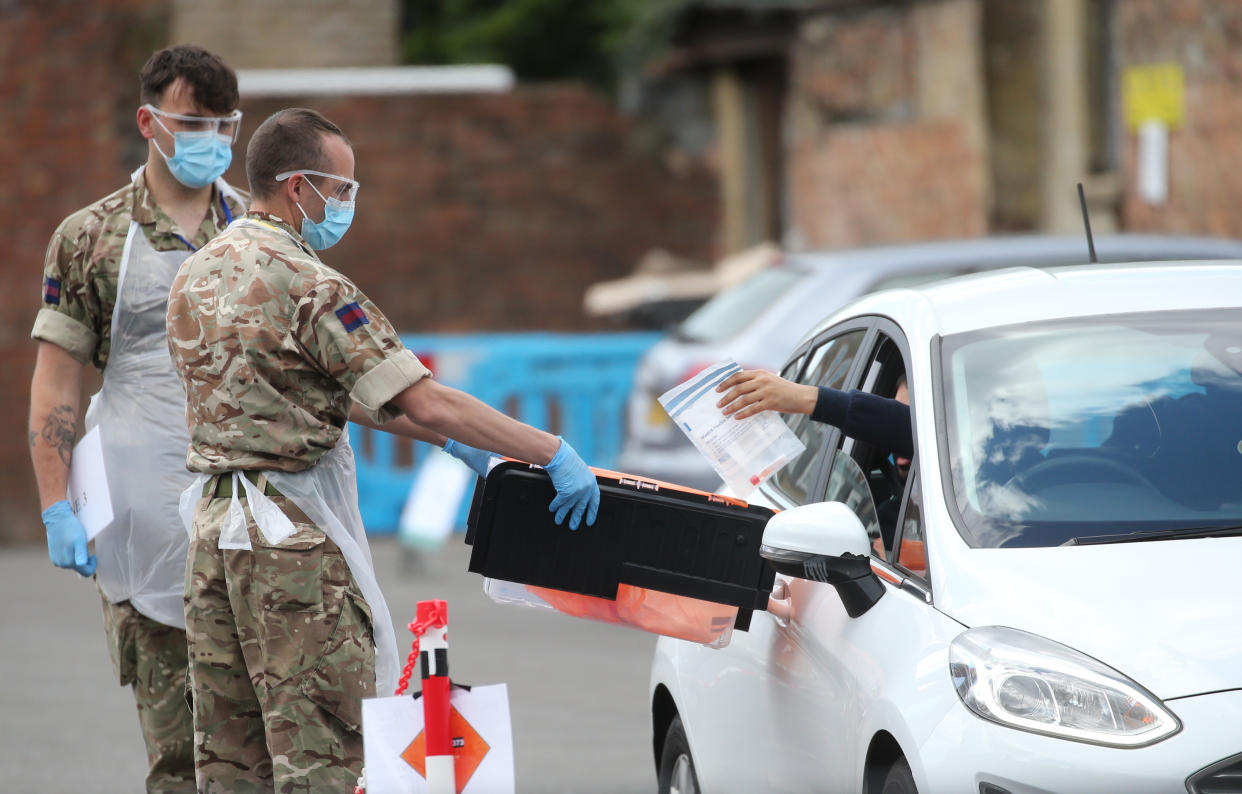Younger people just as likely to be infected with coronavirus, data shows

There is no evidence that age affects a person’s likelihood of being infected with coronavirus, new data shows.
New research by the Office of National Statistics (ONS) found no differences in the proportions of people testing positive for COVID-19 between different age categories in England.
The study also revealed that people working in patient-facing healthcare or resident-facing social care roles are more likely than the wider population to be infected with coronavirus.
There is currently no evidence that age affects the likelihood of being infected with COVID-19 https://t.co/IeLllf7vGc pic.twitter.com/FXl747Q67X
— Office for National Statistics (ONS) (@ONS) May 14, 2020
Some 1.33% of people in roles, including doctors, nurses social care workers and home care workers, tested positive for COVID-19 between 27 April and 10 May.
Of those not working in these roles, 0.22% tested positive.
Latest coronavirus news, updates and advice
Live: Follow all the latest updates from the UK and around the world
Fact-checker: The number of COVID-19 cases in your local area
6 charts and maps that explain how COVID-19 is spreading
The estimated percentages of the sample who tested positive for COVID-19, broken down by age, were: 2-19 years old: 0.32%; 20-40 years old: 0.26%; 50 to 69 years old: 0.32%; 70 years and over: 0.23%.
The figures are based on 10,705 swab tests collected from in 5,276 households, designed to help track the current extent of infection and transmission of COVID-19 in the community.
The survey is designed to help track the current extent of infection and transmission of COVID-19 among the community population – specifically private households.
As such, the survey excludes infections reported in hospitals, care homes or other institutional settings.
The survey found that an average of 148,000 people in England had COVID-19 between 27 April and and 10 May – the equivalent of 0.27% of the population.
The ONS is also running a bigger long-term study to track the spread of COVID-19 in the general population.
The wider study, which will include up to 300,000 people, includes antibody testing to help understand how many people have had the disease in the past.

 Yahoo News
Yahoo News 


